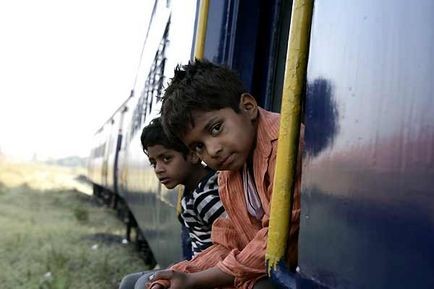 I am Dina (Norway, 2002)
I am Dina (Norway, 2002)Faced with the prospect of a Norwegian film in English with a plethora of international actors, I should have seen the warning signs. For one, people speaking accented English to convey the sense of a foreign language has always annoyed me ("Zose are ze fekts, mein fuhrer!").
This film isn't perhaps quite that awful, but the plot appears to have been written by the committee for Silly Twists together with the Fjord Tourist Board.
Equally, the style of the film is all over the place: a smörgåsbord of genre-dipping ranging from horror and ghost-tale to melodrama, costume drama, sub-Ibsenesque family saga, Bergman-lite and god knows what else.
Together these result in an utterly confusing accretion of episodes that usually end in death, or haunting, or both, but no clear directorial stance on how see either.
What I'm missing is any kind of moral, aesthetic or conceptual centre. We must remember that the woman upon whom the film centres is responsible for several deaths, at least one of the premeditated. But is she mad? Is she hallucinating? Is she simply dreaming?
Which brings us to the central character. Dina is played by the lovely Maria Bonnevie, who gives everything to make the role (strong, headstrong, creative and unconventional woman in a small, backward community) work. Personally I'm all in favour of strong female roles but the one that this film serves up is a completely anachronistic, projecting modern modes of behaviour onto a time where a woman would not have been able to do what Dina does without getting shut up in a nunnery or a madhouse at the very least.
Shouldn't a film that shows a woman overcome adversity and male prejudice at least show some pretty effective adversity and male prejudice? For most of this film Dina rides roughshod over men and women alike (or unshod, depending upon the stable boy in question). It's as if her initial trauma is so overwhelming that the world simply makes way for her for the rest of her life. Fat chance.
Therefore I'd have to recommend any discerning viewer to give this portentous, confused example of the international co-production a miss.


